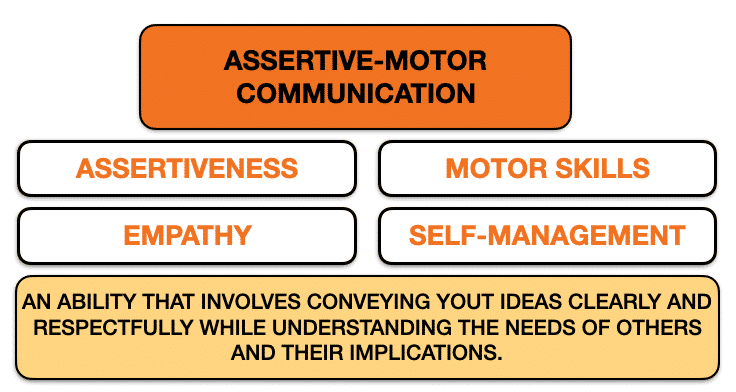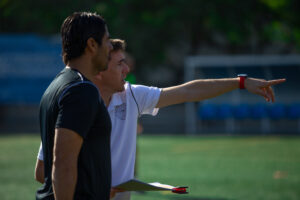In the world of sport, communication is fundamental to the success of a team. But what does assertive-motor communication really mean? It is a skill that involves expressing your ideas clearly and respectfully, while ensuring that you understand the needs of others and act accordingly. In simple terms, it is about speaking and moving effectively on the playing field, respecting your teammates, and enhancing your own performance.
To better understand this concept, it is important to consider two key elements: assertiveness and motor skills. Assertiveness involves expressing your thoughts and feelings directly and honestly, without disrespecting others. Motor skills, on the other hand, refer to the ability to make voluntary movements in response to internal or external stimuli. Together, these two elements form the basis of assertive-motor communication in the context of sport.
Imagine a football team working together to maintain possession of the ball while under pressure from their opponents. This is where assertive-motor communication comes into play. Players must communicate effectively with each other, adjusting their positioning and behaviour to overcome the challenges of the play. When each player understands individual needs and acts accordingly, the team can maintain its cohesion and performance on the pitch.
However, it is also crucial to understand what happens when communication fails. In situations where players do not understand each other, the team can become weak and vulnerable.
Lack of effective communication can lead to breakdowns in strategy and coordination, which negatively impacts the overall performance of the team. Therefore, assertive-motor communication not only improves the play itself, but also strengthens relationships between teammates, fostering an environment of trust and cooperation.
In addition to assertive-motor communication, it is also essential to consider empathy and self-management as key elements for optimal sporting performance. Empathy involves understanding and sharing the feelings of others, which contributes to more effective communication and greater cohesion within the team. Self-management, on the other hand, involves the ability to control your own emotions and behaviours, which is essential for maintaining harmony and balance in the team.
In short, assertive-motor communication is a vital factor in the world of sport, as it promotes effective interaction between players and strengthens the cohesion and performance of the team as a whole. By learning to communicate clearly, respectfully, and collaboratively, athletes can improve their game and achieve success on the field.








